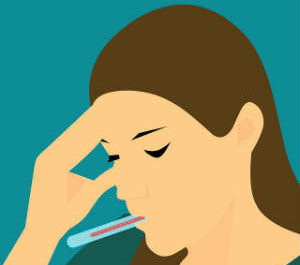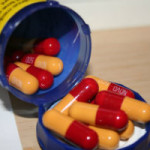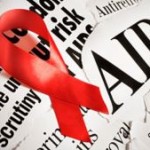What Is Hand, Foot & Mouth Disease And Should You Be Concerned?
Hand, foot and mouth disease is a viral infection that’s been making its rounds in the news lately. Doctors in many states have reported an increase in cases of the infection. While it’s more common in children, adults can also contract hand, foot and mouth disease. Recently, the infection caused two Major League Baseball players to miss games. Noah Syndergaard with the Mets and J.A. Happ with the Yankees contracted the illness and had to sit out while recovering from the virus. Read on to learn along with Ira Riklis about this illness and how to prevent it.
What Is The Disease?
Hand, foot and mouth disease is caused by a group of viruses known as enteroviruses that live in the intestines. It is characterized by painful sores in the mouth and a rash that develops on the hands and feet. While it causes discomfort, it is usually not serious and will clear up within five to seven days. In addition to the sores and rash, the virus is also accompanied by a fever. You will feel fatigued and may need to limit physical activity. A major concern for those with the virus is dehydration because the painful sores can make it difficult to drink. It’s important to stay hydrated and get plenty of rest. Over-the-counter pain medication should be taken as needed to ease the pain caused by the mouth sores and to reduce a fever. Once the sores and rash begin to go away, you will start feeling better.
Symptoms of HFMD
In most patients, hand, foot and mouth disease will show symptoms after about 3 to 6 days after exposure to the virus. Lack of energy is usually the first sign of the disease, though it can set in later on in the infection period.
Two criticial symptoms for the diagnosis of HFMD are the presence of vesicles or ‘plaques’ in the mouth as well as a sore throat. A rash, present on the palms, feet, or perhaps on a wide segment of the body, can also accompany the other two cardinal symptoms.
In patients that progress positively after infection, the lesions are expected to go away, or at least improve significantly, within one week after their appearance. Unfortunately, while there are many methods for treating it and helping patients to recover, HFMD can definitely be deadly if not caught early on.
How It’s Contracted
Some people who contract hand, foot and mouth disease have no symptoms and don’t experience illness. However, they can spread it to other individuals because it is very contagious. The most common ways individuals contract the virus are:
- Hugging
- Kissing
- Sharing food or drinks
- Exposure to coughing, sneezing or dirty diapers of someone with the illness
How Is It Carried And Who Carries It?
While anyone can contract hand, foot and mouth disease, it most often affects children. It is common in the daycare setting because the children are in close proximity, which causes it to spread. Anyone who comes into contact with an infected person can come down with the virus. Schools and daycares are susceptible to the virus because when one person contracts it, it can move quickly through both settings children are close and likely sharing food, drinks or even school supplies.
Preventative Measures To Avoid Contracting Hand Foot & Mouth
While anyone can contract hand, foot and mouth disease, it most often affects children. It is common in the daycare setting because the children are in close proximity which causes it to spread. Anyone who comes into contact with an infected person can come down with the virus. Schools and daycares are susceptible to the virus because when one person contracts it, it can move quickly through both settings where children are close and likely sharing food, drinks or even school supplies.
- Disinfect kitchen and bathroom areas as well as children’s’ toys
- Avoid individuals who have hand, foot and mouth disease until they are free of the virus
If you or your child develop symptoms associated with hand, foot and mouth disease, you should make an appointment with your healthcare provider to receive a proper diagnosis. Hand, foot and mouth disease is usually nothing to be too concerned about, but it does come with significant discomfort. Your doctor will be able to provide you with proper pain management and make suggestions on how to take care of yourself until you are feeling better.







